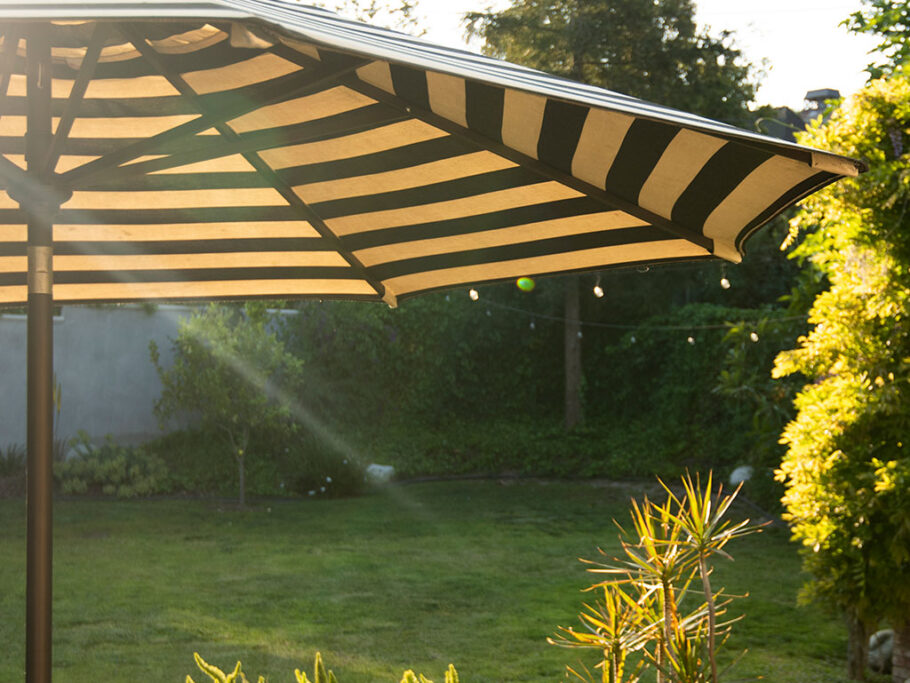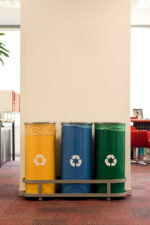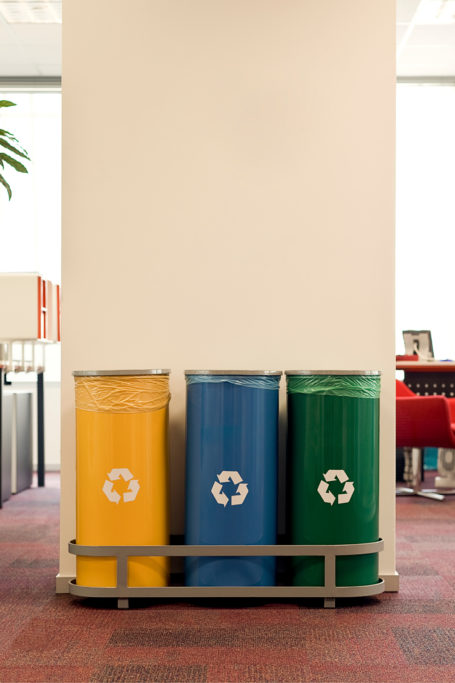Think That’s Going to Decompose? Think Again!
More than half of the waste generated in the United States each year ends up sitting in our landfills. With a current annual rate of 220 million tons of waste generated, we add more than 110 million tons to landfills each year—many of which are already at capacity.
These numbers are staggering. Yet most of us don’t stop to think about how long all of that waste will sit in the landfill before it naturally decomposes.
When you compare how long it takes for common items to break down on their own to how quick the recycling process can be, it’s easy to see how recycling is a crucial piece to reducing the volume of our landfills.
These 7 items and their decomposing times will likely surprise you.

Glass bottles
Believe it or not, glass takes up to 1 million years to decompose naturally. By contrast, it takes only 8 hours to recycle 160 tons!
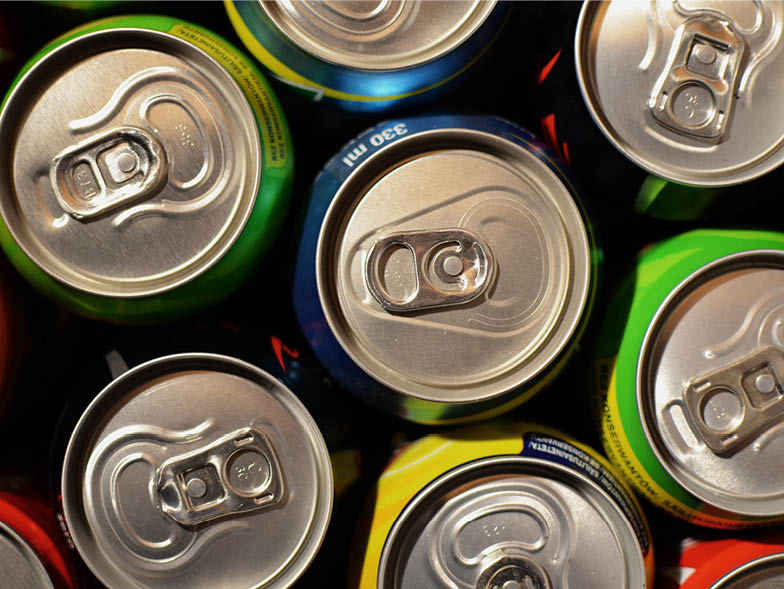
Aluminum cans
Left in a landfill, it can take aluminum cans anywhere from 80 to 200 years to oxidize and break down on their own. However, when an aluminum can is recycled, it is often back on the shelf in just 6 short weeks.

Foamed plastic
Foamed plastics can sit in a landfill for 50 years before decomposing. Fortunately, recycling programs are available for these types of plastics. If your local recycling center doesn’t accept it, there are mail-back programs that do, including the Alliance of Foam Packaging Recyclers.
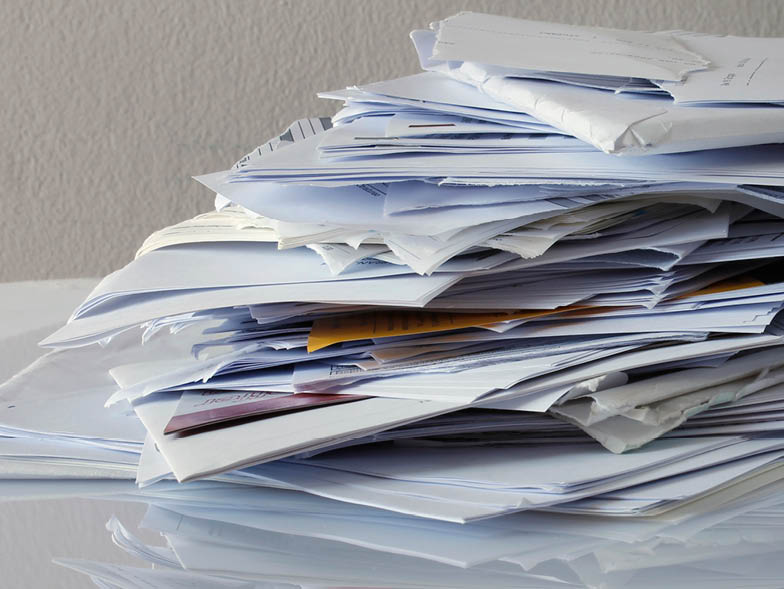
Paper products
Left to their own devices, paper products are one of the most earth-friendly when it comes to decomposing time. Paper takes anywhere from 4 to 6 weeks to break down on its own. However, it only takes 1 hour to recycle paper, making recycling the obvious winner for disposal.
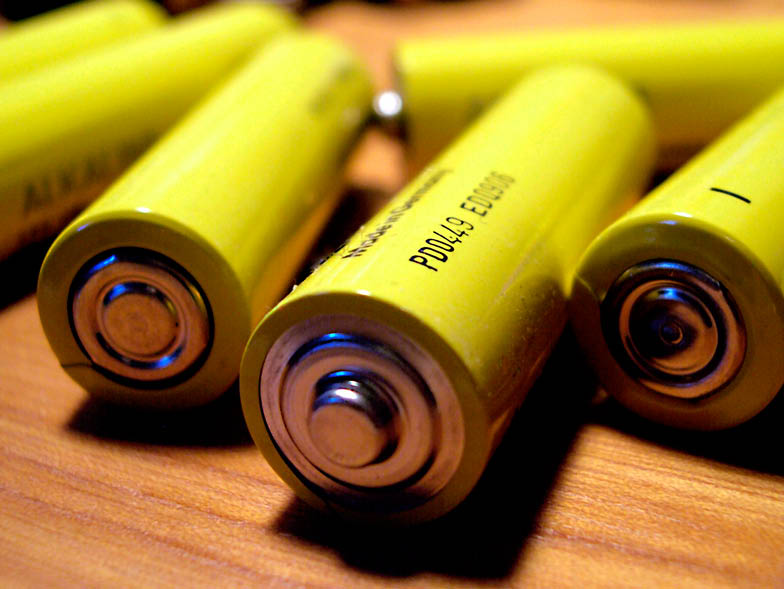
Batteries
Batteries are one of the most dangerous items to leave in a landfill. The thin metal exterior of a battery will decompose within 100 years, exposing the heavy metals inside, which will never decompose and are toxic to the environment. Fortunately, both single-use and reusable batteries can be recycled easily. Some stores have drop-off centers for your used batteries.
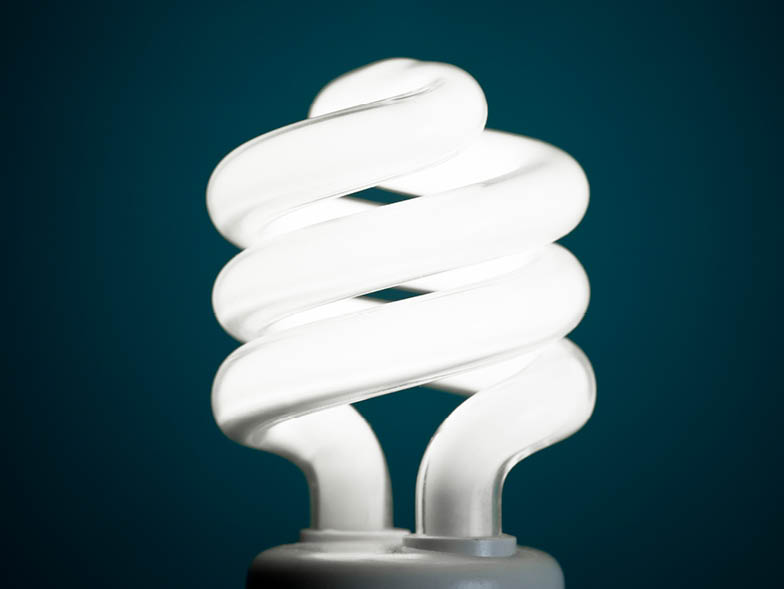
Energy-efficient bulbs
Energy-efficient bulbs will never decompose; rather, they will sit in a landfill indefinitely. However, these bulbs can usually be quickly recycled. In fact, many home improvement or hardware supply stores will often offer in-store recycling centers for them.

Appliances
Like many bigger items, appliances will never decompose. Instead, they will remain relatively intact in landfills indefinitely, taking up valuable space. The good news is many appliances can be recycled—and some recycling companies will even offer to pick up the appliances from your home or your curb.
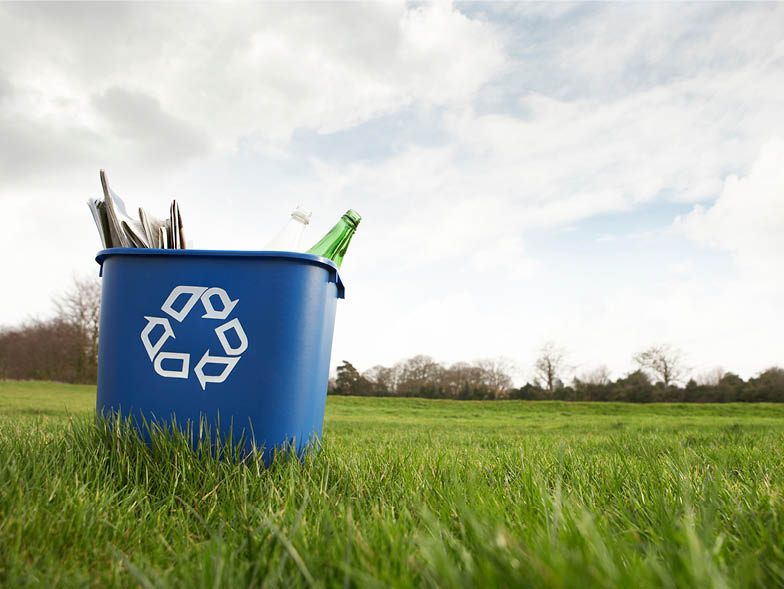
Taking the responsible next step
When comparing not only the length of time it takes for these various items to decompose, but also the effects they have on the environment, it is easy to see the importance recycling plays in protecting our environment.













